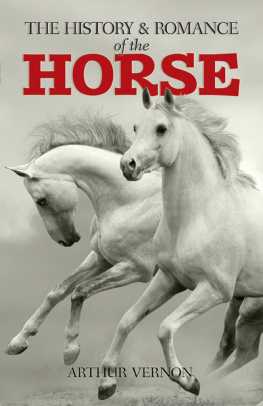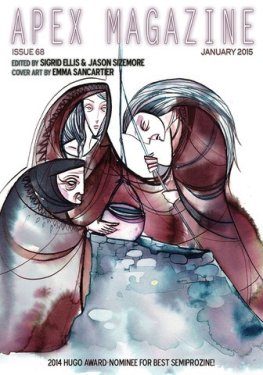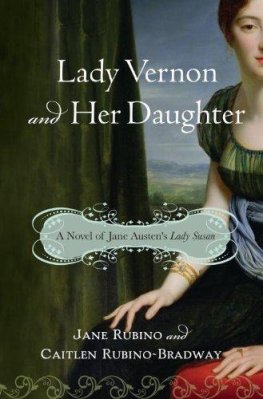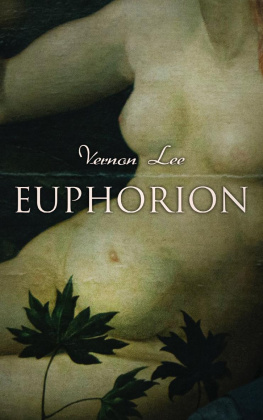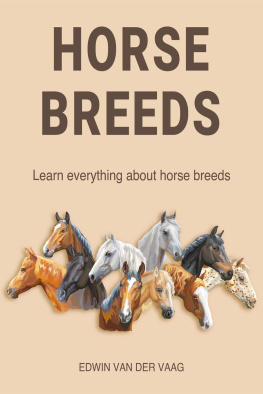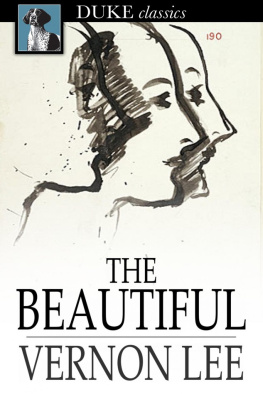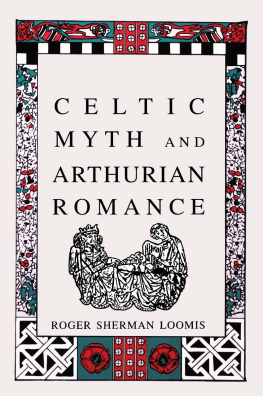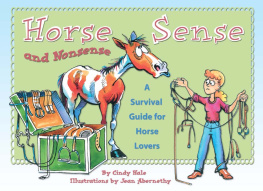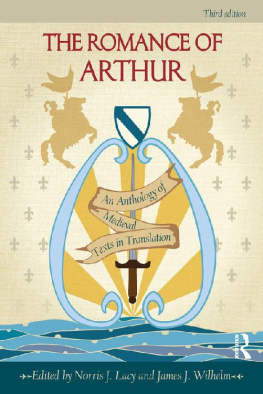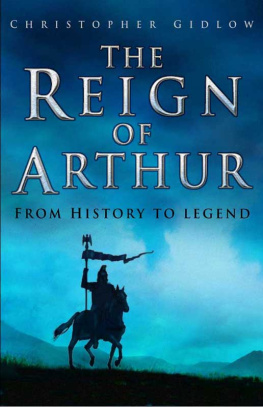Copyright
Copyright 1939 by Waverly House, Boston
All rights reserved.
Bibliographical Note
This Dover edition, first published in 2014, is an unabridged republication of the work originally published by Waverly House, Boston, in 1939.
Library of Congress Cataloging-in-Publication Data
Vernon, Arthur.
The history and romance of the horse / Arthur Vernon ; illustrated by Ernest John Donnelly.
pages cm
Originally published: Boston : Waverly House, 1939.
Summary: This sweeping, illustrated panorama of horse-related history and lore will appeal to readers of all ages. Starting with the miniature Eohippus, the work follows the evolution of the horse through Greek mythology, the Middle Ages, the American West, and beyond, profiling race horses, working and war horses, and much more Provided by publisher.
Includes index.
eISBN-13: 978-0-486-78299-7 (pbk.)
1. HorsesHistory. I. Title.
SF283.V4 2014
636.1dc23
2013027442
Manufactured in the United States by Courier Corporation
49384901 2014
www.doverpublications.com
F OREWORD
WHY WRITE ABOUT HORSES?
S INCE man began to take control of this planet, he has been concerned with two things: first, to survive; second, to enjoy himself while doing it. And in looking about for another animal to help him, he discovered a lithe, spirited and independent creature with which he could strike up a profitable and agreeable alliance. This was the horse.
As time went on, man discovered that both the business of living and the business of enjoying it involved certain unforeseen complications. The most important of these was speed. Primitive man learned that one good way of dealing with an enemy was to get away from him. He also saw the advantages of quick locomotion in finding food. Then, having tasted speed as a necessary feature of living, he readily concluded that it gave a peculiar zest to his life or, in other words, that it was fun. And the alliance born of practical profits was extended for the sake of dividends in pleasure.
For thousands of years, the alliance continued unbroken. If man went to war, horses went to war, too. If man was moved to explore the surrounding country, the horse was his companion. When primitive trade was founded, the horse was an indispensable accessory. And when the joy of the hunt and the race was kindled in mans eager spirit, it was the horse that fired the spark. Far from breeding contempt, an intimacy developed that advanced the lot of both horse and man.
But these are narrow considerations, and there are other and more impressive reasons why the long history of the horse deserves a chronicler.
One of these is that the race of man has no monopoly on the story of life on earth. The notion that man holds such a trust is the product of his articulate powers and the fact that for the last geologic period he happens to have been the ruling species. With this whim, there goes mans sillier tendency to look down upon the horse simply because he has mastered it. As if, one might add, the horse were lucky to win the benevolent friendship of the human race.
No view of the episode could be less justifiable. As a matter of unprejudiced fact, it is man who is indebted to the horse for its friendship.
In the first place, reflect on the circumstance that the horse has been a resident of the planet for approximately forty million years longer than man. Remember also that the horse reached his physical prime some twenty million years before man learned to stand on his feet. Finally, bear in mind that, of all the mammals still inhabiting this globe, the horse is dean in point of residence. There is no existing mammal older than the horse. There is none younger than man. On this purely temporal basis alone, the horse is entitled to a respect bordering on veneration.
In the second place, it is difficult to see where the race of man would be today, had it not been for the co-operation and assistance he derived from the horse. Forgetting for the moment the primitive emergence of the alliance, what would have happened to the spread of Western culture if Alexander had not perfected a better cavalry than that of the accomplished horsemen of the Orient? If, at the Battle of Nations at Leipzig, Napoleon had not met his first great defeat simply because the allies had more horses? What would the Age of Chivalry be but a sorry blank in mans history if it were not for horses? Indeed, where would human history have been in the whole provinces of war and commerce, continental expansion and sports, in a horseless world?
There are no answers. And the speculations admitted by such questions are rather feeble. If the horse wished to be smug about it, on the other hand, it could point to its own long primeval history of close to forty million years without even the contemporary existence, let alone the friendship, of man. And what precious little history the race of man would have had without the help of the horse!
However, there have been compensations. The horse aided man in his conquest. In return, man has led the horse to a noble place in the animal kingdom. The history of the one is closely interwoven with the history of the other. Below the surface, nevertheless, the horse is still owner of its own proud history through millions of years. Mutations are visible in its nature and appearance, consistent with the changes that time has wrought in the function, manner and station of its life. But always it remains pre-eminently the horse, changing less than man though having lived seven times as long.
Thus, the substance of this book, whatever its manner, is its own excuse for being: the long and vital and auspicious role played by the horse in the recorded and unrecorded story of life on this planet. It is the story of the oldest mammal on the face of the earth to have consistently contributed to the earths forward march. The soundest reason for writing it is that it is a story worth telling.
The main story of the horse has here been divided into ten separate books, for a variety of reasons. Chief among these is that, just as a reader usually has his favorite period in history to read about, he might also be particularly interested in either a certain period or certain phases of the horses development. The author has, therefore, sought to make each of the several books complete in itselfthough they should be read consecutively for a more thorough acquaintance with the horses history.



